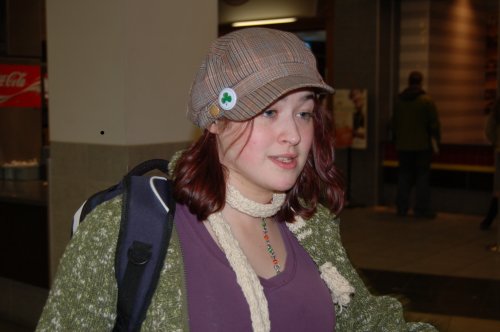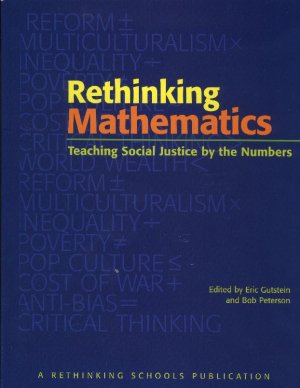jeudi 29 mars 2007
N-Génération
Par Gilles Jobin, jeudi 29 mars 2007 :: Généraleries
Découvert via SOSSES le billet de Louis Naugès La N-Génération. Je partage son pessimisme au regard du monde de l'éducation :
Le milieu éducatif devrait être le premier à accompagner ce mouvement de fond, à aider la N génération. Ce n’est, hélas, pas le cas.Bel exemple de notre incapacité en tant qu'éducateur : Je reviens d'une formation de trois jours à Montréal sur les maths au primaire. On a parlé de situations problèmes, mais jamais, au grand jamais, il n'a été question d'utiliser les ordinateurs pour développer les compétences mathématiques. Cette formation aurait pu se dérouler en 1980 qu'on n'y aurait vu aucune différence. Évidemment, ce n'est pas grave, car nous étions entre nous, vieille garde, dans notre confort d'enseignant et de conseiller pédagogique. Quand réalisera-t-on que nos enfants vivent dans un monde perso-socio-technologique ?
Deux raisons principales :
- Le manque cruel de moyens, que l’on pourrait encore régler avec quelques investissements.
- Le choc culturel, beaucoup plus long et difficile à régler. La N génération s’ennuie mortellement quand on lui présente la géographie sur une carte murale des années 50 alors qu’ils viennent de survoler leur région avec Google Earth.
La N génération ne comprend pas que leurs professeurs les condamnent au mono-tache quand ils sont en permanence multi-activités dans leur vie quotidienne.




